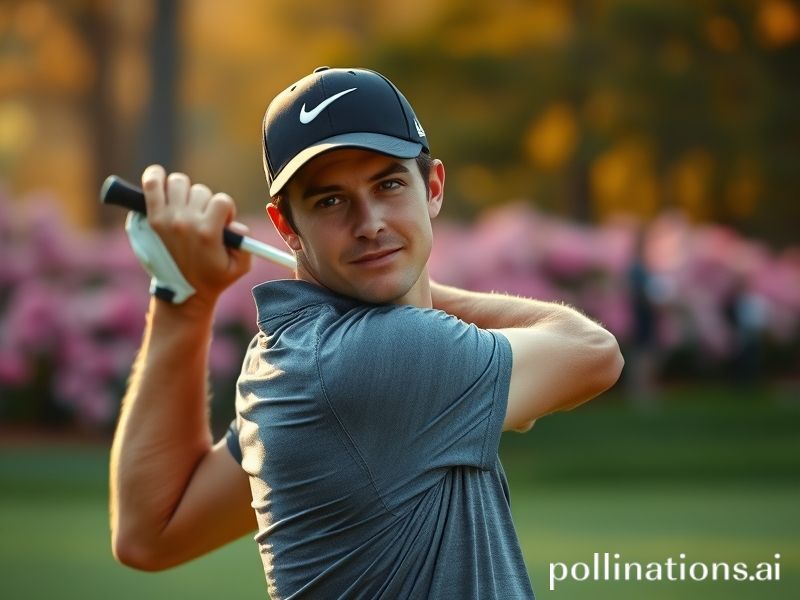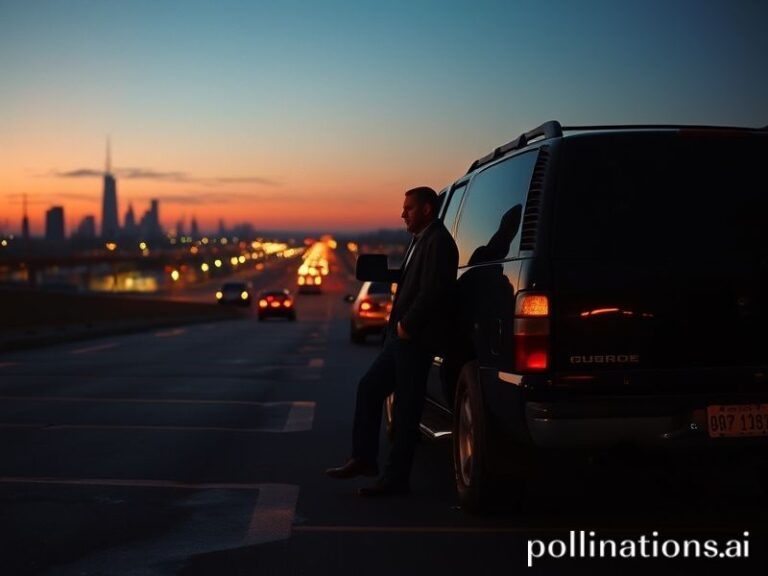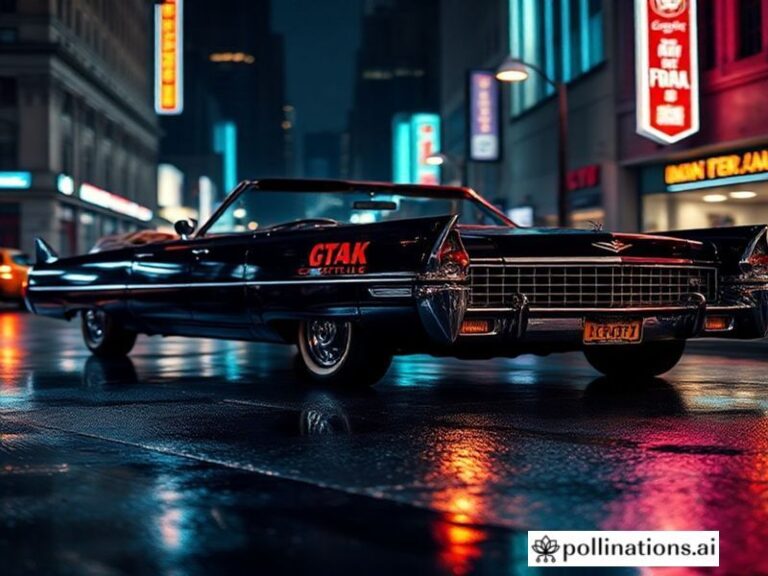Keegan Bradley’s Scottish Open Win: A Quixotic Bid to Make America Golf Again
Keegan Bradley and the Last Gasp of American Exceptionalism on a Scottish Fairway
By Our Man in the Bunker
St Andrews, Scotland – In the cradle of golf, where sheep once grazed and now Chinese conglomerates graze on real-estate brochures, Keegan Bradley did something mildly shocking: he won the Scottish Open. Cue polite applause from the home crowd, a ripple of interest on the Asian betting markets, and a collective shrug from the European Union, which is currently too busy arguing over olive-oil subsidies to notice that the United States still exports something other than inflation and Marvel spin-offs.
Bradley’s victory matters, but only in the way that a single malt matters to a drowning man: momentarily comforting, ultimately irrelevant. Still, for a planet that has spent the last decade watching America flail from Afghanistan withdrawal to Capitol riot reruns, it is refreshing to see a Yankee succeed in a sport that requires silence, patience, and the acceptance of cosmic injustice—qualities the U.S. has been outsourcing since the Monroe Doctrine.
To the uninitiated, Bradley is the guy who putts like a man trying to swat a mosquito with a pool cue. To the rest of us, he is a living Rorschach test: Europeans see another loud American in Pringle; Americans see a comeback kid who once lost a six-shot lead and lived to meme about it; the Chinese streaming audience sees a walking billboard for Nike, whose swoosh now eclipses the stars and stripes in global brand recall. Somewhere in Dubai, a sheikh calculates the ROI of luring Bradley to a January exhibition next to an artificial ski slope, because nothing says sportwashing like nine holes and a falconry display.
The broader significance? Golf is the rare arena where the U.S. still competes on grass rather than Twitter. While Washington debates whether the debt ceiling is a real ceiling or more of a skylight, Bradley’s driver is the closest thing to bipartisan consensus America can muster. His swing coach is Canadian, his mental coach vaguely Swedish, his clubs assembled in Mexico from alloys mined in Congo—a supply-chain miracle that the WTO would salute if it weren’t deadlocked over fish tariffs.
Over in South Korea, entire chat rooms dissect Bradley’s pre-shot routine with the forensic intensity usually reserved for K-pop choreography. In Japan, salarymen slip out of bullet-train bathrooms clutching betting slips bearing his name, hoping to turn a 100-yen flutter into a week’s worth of sake. Meanwhile, the European Ryder Cup team watches tape of his Scottish performance the way NATO generals watch Russian tank drills: with forced calm and a creeping sense that the Atlantic alliance might be out-driven yet again.
Of course, every global feel-good narrative comes with fine print. Bradley’s win happened on a sponsor’s exemption, that polite euphemism for “rich guy gets in because TV said so.” The tournament’s purse is bankrolled by the same Middle Eastern sovereign wealth that also sponsors cycling, soccer, and your cousin’s esports startup—diversification in case oil goes the way of the compact disc. And the carbon footprint of flying 156 players, caddies, and swing-weight gurus to a windswept links course could power Reykjavik for a fortnight, but let’s not mention Greta Thunberg while we’re sipping single-barrel bourbon in the media tent.
Still, Bradley’s Sunday charge offers a sliver of the old American magic: the belief that if you work hard, keep your head down, and avoid reading geopolitical Twitter, you too can win a tartan trophy while bagpipes wail in existential B minor. The crowd at St Andrews gave him a standing ovation not because they love Boston accents, but because they recognize a man who stared down the same cosmic absurdity that makes all of us, from Lagos to Lima, line up a three-footer knowing the universe is indifferent.
When the last putt dropped and the sky over the North Sea turned the color of a bruised democracy, Keegan Bradley raised his arms like a man who had briefly forgotten the mortgage rates back home. For one fleeting afternoon, the world’s problems—war, recession, AI-generated spam—were put on hold while a 37-year-old in FootJoy shoes reminded us that even in late-stage capitalism, a white sphere still obeys the laws of physics before the laws of man.
And then the wind picked up, the clouds rolled in, and everyone hurried off to claim their appearance fees. The planet spun on, slightly drunk on hope and nitrogen-rich fertilizer. Fore.







